Accenture, Deutsche Bank, EY, Mastercard, Microsoft, Omnicom and Salesforce have teamed up to launch the Partnership for Global LGBTI Equality, in a bid to accelerate inclusion for lesbian, gay, bisexual, transgender and intersex (LGBTI) people, at the recent World Economic Forum’s (WEF) annual meeting in Davos.
All seven partners have agreed to operationalise the UN’s LGBTI Standards of Conduct, which establishes a human rights and policy framework for companies to apply worldwide, throughout their businesses by 2020.
KEY 2020 TARGETS
The project’s main aims for 2020 includes enlisting between 50-100 companies from WEF members and beyond to join the Partnership for Global LGBTI Equality to implement the UN’s LGBTI Standards, as well as encourage new cross-sectoral and multi-stakeholder collaborations.
All partners will create a due-diligence framework for corporations to use in assessing the alignment of their policies with the UN standards, and to better understand the practical impact of their policies on LGBTI people. This will involve developing a repository of LGBTI best practices and case studies from companies across multiple sectors, to share insights on effective strategies, policies and processes to ensure LGBTI people are not being discriminated against when it comes to hiring, retaining and promoting employees.
CHALLENGING DRACONIAN LAWS
A recent UN AIDS study estimates that the global cost of LGBTI discrimination stands at $100bn a year. Discrimination based on sexual orientation and gender identity not only violates universal basic human rights, it also adversely impacts the long-term economic prospects of individuals, businesses and countries.
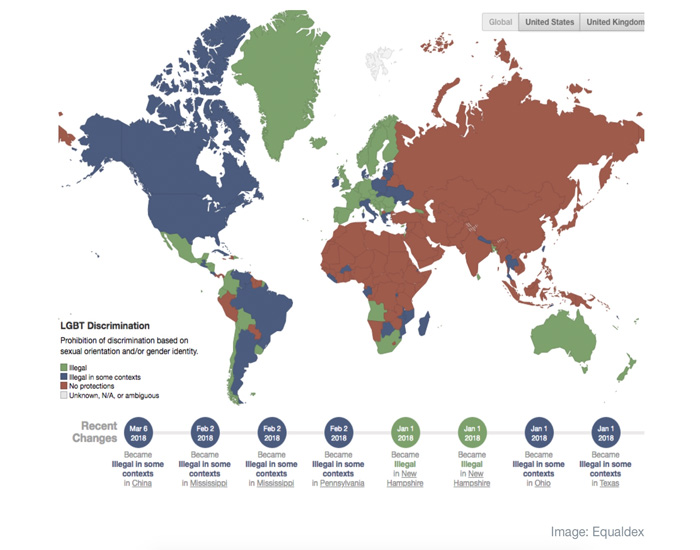
It is hoped that this partnership will encourage companies to become more active globally, in challenging draconian laws and practices on sexual orientation in the countries where they operate. After all, global companies have a great responsibility to protect the human rights of their employees, including those working for firms in their global supply chains.
In fact, Micheal Posner, the Jerome Kohlberg Professor of Ethics and Finance at NYU Stern School of Business, and Director of the Center for Business and Human Rights, believes that the private sector has a key role to play in respecting and protecting human rights through fostering workplace inclusion for LGBTI people. “Multinational companies are powerful actors in today’s increasingly globalised economy. They wield great influence with local governments in the countries where they do business. This is why the work of the Partnership for Global LGBTI Equality and the World Economic Forum is so vital,” he stated.
COMBATTING DISCRIMINATION
Although great progress has been made in countries like the US and the UK, Posner believes there’s still much more work to be done: “As a first step, companies need to ensure LGBTI equality and inclusion in their workforces, including throughout their global supply chains.”
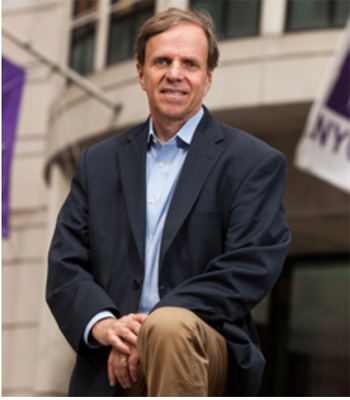
“Too often companies have outsourced responsibility in their relations with their global suppliers, adopting a hands-off approach to the enforcement of core labour standards in factories or on farms that are part of their supply chains,” he explained. “Even more difficult, but no less important, these companies will need to find ways to challenge governments that continue to demonise their own people on the basis of their sexual orientation in places like Saudi Arabia and many parts of Africa. In the 21st century, global leadership in business must include the adoption of this important agenda.”
STEADFAST COMMITMENT
Deutsche Bank congratulated the WEF for making LGBTI issues part of its agenda this year. “We are proud to support this work,” said Karl Von Rohr, President, Member of the Management Board at Deutsche Bank AG. “We believe that if we take an inclusive approach to different perspectives and identities, we become more meritocratic, attract and retain a rich diversity of talent, and make better business decisions. While we recognise there is more work to do across businesses, institutions and communities, we are steadfast in our commitment to doing our part. The focus of the WEF on LGBTI issues will underline the value to the global economy of a more inclusive society.”
Beth Brooke-Marciniak, EY’s Global Vice Chair – Public Policy, also commended the WEF for making LGBTI equality and economic inclusion ‘a top priority’, and was ‘honoured’ to be one of the founding members of this initiative. “When you have an inclusive culture where everyone is valued equally and feels they can be the best version of themselves, you can fuel innovation, solve complex challenges and achieve better results. By advancing this agenda in our global workplaces, multinationals can create a ripple effect that promotes societal change,” she added.
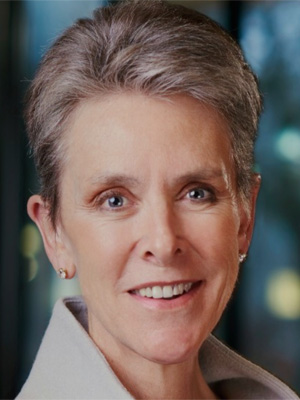
TIME TO ‘STEP UP’
“Now, more than ever, is the time for business to step up,” stated Sander van’t Noordende, Group Chief Executive Products at Accenture. “As business leaders we need to set the right tone at the top and combine this with concrete actions to stimulate LGBTI grass roots networks in our companies and policies that ensure equality across the entire organisation. Twenty-five percent of our people at Accenture are now active, visible and vocal allies to the LGBTI community – but we cannot effect change on our own.”
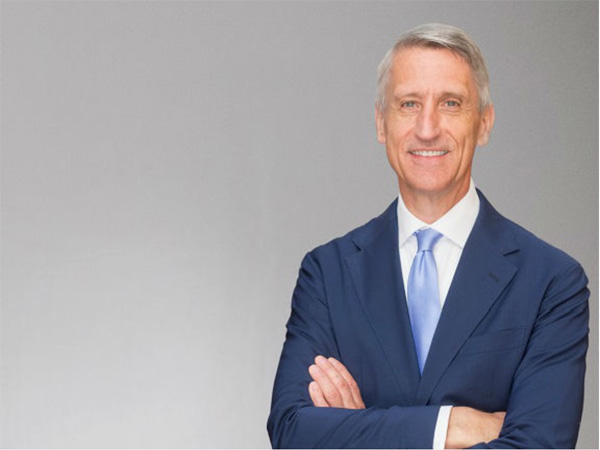
Microsoft which has ‘actively worked on LGBTI issues on behalf of its employees worldwide for more than 30 years’, also applauded the new partnership. “We look forward to putting our commitment into action to advance equality everywhere we work and live,” said Brad Smith, President and Chief Legal Officer of Microsoft.
‘POWERFUL’ PLATFORM
Tony Prophet, Chief Equality Officer of Salesforce, believes the partnership will provide a ‘powerful’ platform for social change: “Salesforce is committed to advocating for equality in the communities we serve and believe that business is a powerful platform for social change. We have and will continue to use our voice to advocate for LGBTQ rights, and are inspired by the potential lasting impact of this multi-stakeholder partnership.”
According to Mastercard’s Chief Inclusion Officer Randall Tucker, this partnership ‘shines an important spotlight to help others realise that acceptance matters to their people, their businesses and the world’. “Mastercard is laser focused on creating a culture of decency, inclusion and belonging where employees feel valued and respected because of their diversity – not in spite of it. When done right, it inspires a passion and pride that drives innovation and better business results,” Tucker stated.
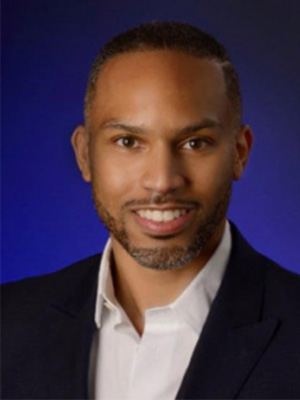
Commenting on the initiative, Omnicom Group’s Senior Vice President and Chief Diversity Officer, Tiffany R. Warren, added: “It is an honour to serve as a founding member of this important initiative to lay the groundwork for worldwide acceptance and inclusion of the LGBTI community in the global workforce.”







































